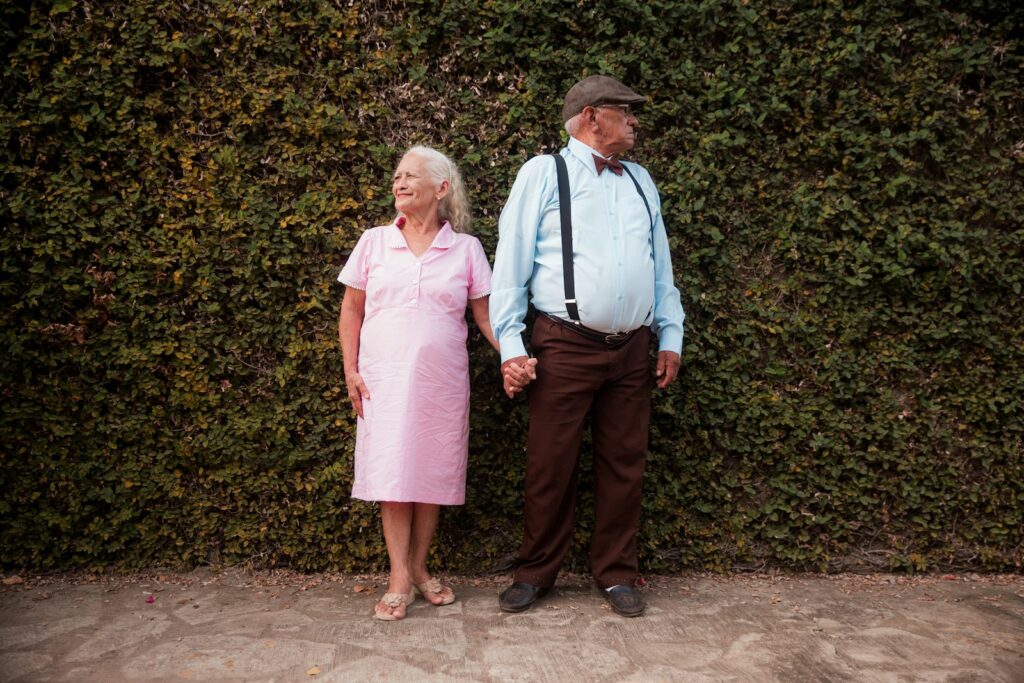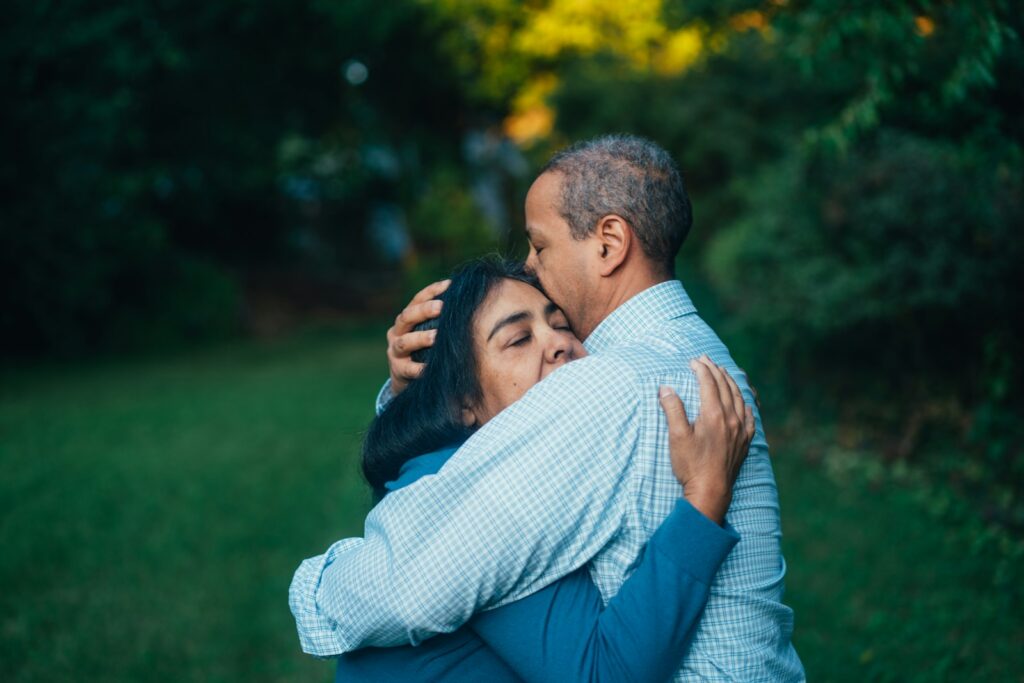Turning Point have teamed up with Learning Disability England to produce an updated version of a guide on the do not resuscitate decision making processes.
Previously Turning Point, a social enterprise specialising in substance use, learning disability and mental health, and Learning Disability England put together a guide to ensure family members or loved ones of people who didn’t receive CPR could challenge the notion if they felt necessary.
However, since the pandemic, the enterprise noticed an increase in the number of people it supported that were subjected to a do not attempt cardiopulmonary resuscitation (DNACPR) recommendation that cited learning disability as the reason.
Staff also noticed that many DNACPR decisions were made for people without consulting the person or their loved ones.
With this in mind, Turning Point and Learning Disability England have created an up-to-date guide, which has had input from support workers and family members to ensure better decisions are made.
Expertise was also provided by academic specialists, the National Mental Capacity Forum, CQC and NHS England.
NHS guidelines state that learning disabilities should never be a reason for a recommendation not to attempt CPR.
The updated resource includes:
- DNACPR recommendations – when DNACPR might be the right recommendation and what should happen if it’s made
- DNACPR and the law
- The DNACPR Checklist – what the doctor should tell a person about a DNACPR recommendation, and what a person should tell a doctor if they have been thinking about it.
- Examples of DNACPR forms and a letter template that can be used if someone wants to raise a concern about a DNACPR recommendation.
- Where to get help.
Mel, a support worker at Turning Point, who was involved in designing the pack, said: ‘Sometimes we don’t know how to challenge and it’s really important we understand what to do about it and who to go to.’
In addition, Lou, who is supported at Turning Point’s Sycamore House in Carlisle, was one of the people who witnessed a do not resuscitate.
She said: ‘Often what gets put on the certificate, the cause of somebody’s death, is learning disability. Well for heaven’s sake, you don’t die from a learning disability, you die from something else!’
Julie Bass, chief executive of Turning Point, said: ‘People with learning disabilities or autism have the same rights as anyone else to be fully involved in decisions about their own lives, including matters of life and death.
‘We are proud to have worked alongside Learning Disability England to create this vital information pack that give self-advocates and families access to the relevant information to make an informed decision on DNACPRs.’
Image: www.testen.no
Nominations opened for the 2024 Learning Disability and Autism Leaders’ List awards
Needs of learning disability patients ‘not consistently met’ when in hospital, report shows

















Leave a Reply